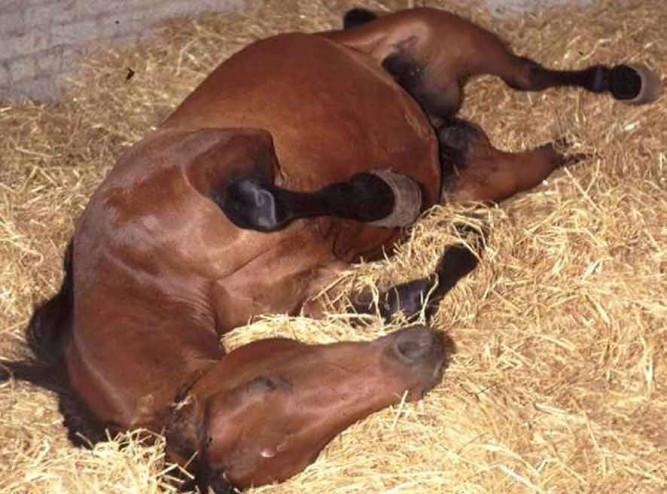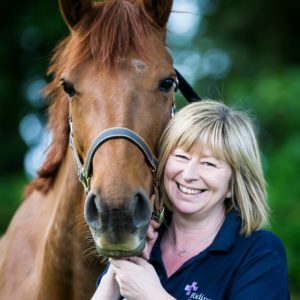When a horse starts to show signs of colic things can quickly become stressful for all involved, whether you have noticed colic in your own horse, your friend’s horse or you are a livery yard owner and you have noticed a livery horse start to show signs of discomfort. A plan is needed to be in place so that decisions can be made quickly, and the horse has the best chance of a successful outcome. It’s even more difficult to make these kinds of decisions when you are stressed, upset and shocked which is why it can help to have thought about what you would do in this situation beforehand.
It is imperative colic signs are noticed as soon as possible and alongside the British Horse Society, Ridings Equine Vets are promoting the REACT campaign which helps to raise awareness of these and more information on these can be found in my previous blog https://www.ridingsequinevets.co.uk/a-word-that-strikes-fear-into-horse-owners-everywhere/
What should I do if my horse shows repeated bouts of colic and gets colic easily with stress?
• Every episode of colic should be attended and investigated by a veterinary surgeon. Although we know most cases will resolve with symptomatic treatment all may present in a similar way in the early stages and it is critical that a more severe case is recognised by a vet sooner rather than later.
• If you horse suffers from frequent episodes of colic, there may be several causes for this that need to be ruled out. These include things like liver disease, gastric ulcers or other chronic intestinal conditions and urinary tract stones.
• Please do not self-medicate your horse with any prescription only medications such as phenylbutazone (equipalazone) or similar if they start to show signs of colic without the advice of a vet. Self medicating cases of colic can delay vet visits and delay referral of a horse for surgery which can seriously affect the chances of successful veterinary treatment. As vets we need to examine the horse before it has had any pain relief to get a true reflection of what may be going on in order to ensure no more serious cause is being masked.
• Try to minimise stressful situations for your horse and make any changes gradually. For example when introducing new pasture or changing turnout try to increase the time this is introduced over a couple of weeks. The same goes for if you are changing big bales of hay/haylage or a new feed.
• Consider using a probiotic or gut balancer, you can contact us at Ridings Equine Vets if you would like a veterinary grade probiotic.
• Finally – have a plan and ideally signed contract in place with your livery yard owner so that in the event you are uncontactable they have phone numbers available for your vets and alternative phone numbers to try and contact you. Who will provide transport in the event of referral and if referral is recommended, possibly to have surgery, whether or not you are happy for this to go ahead.
Have a good weekend everyone and as always if you have any questions please give us a call. Jess Timmins xxx

